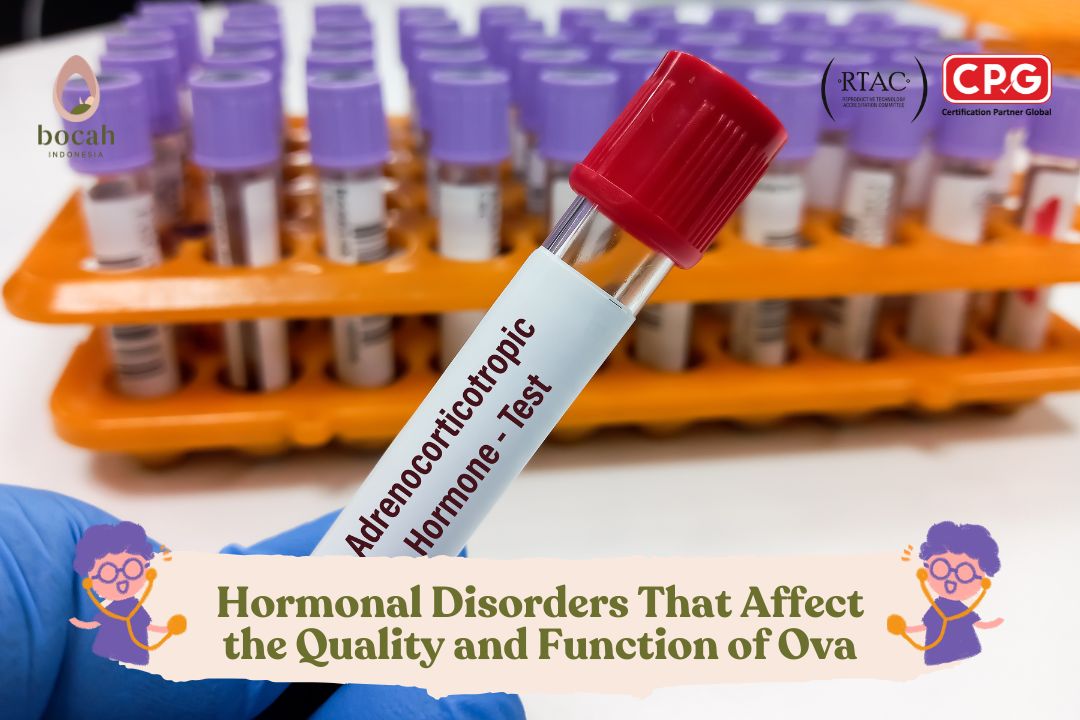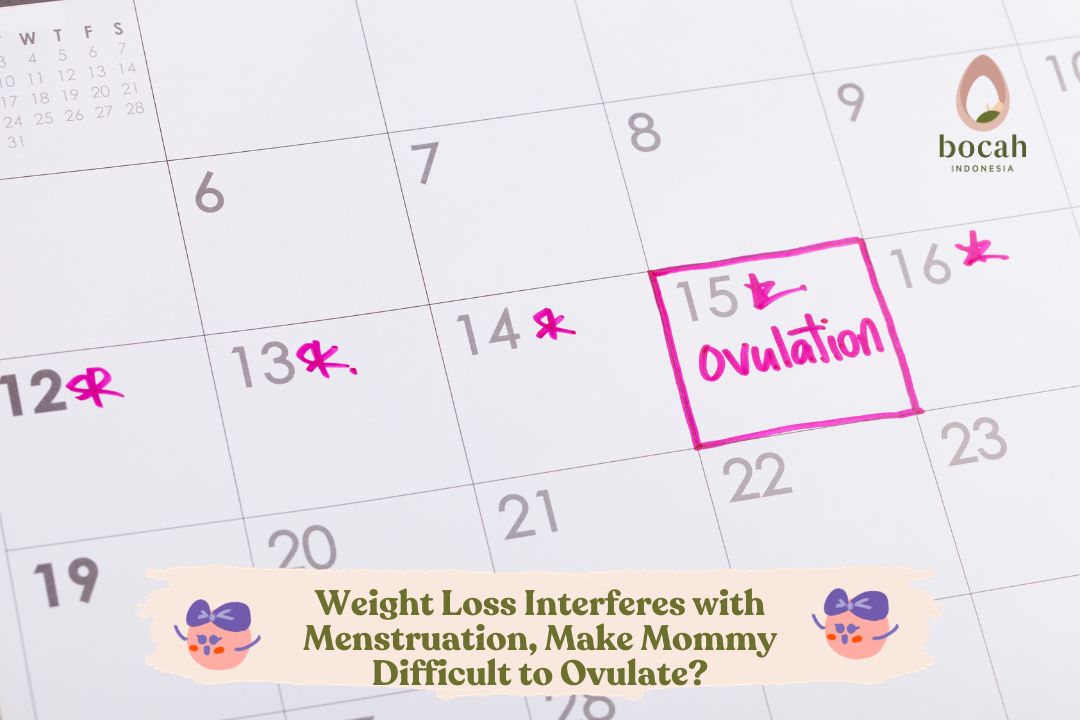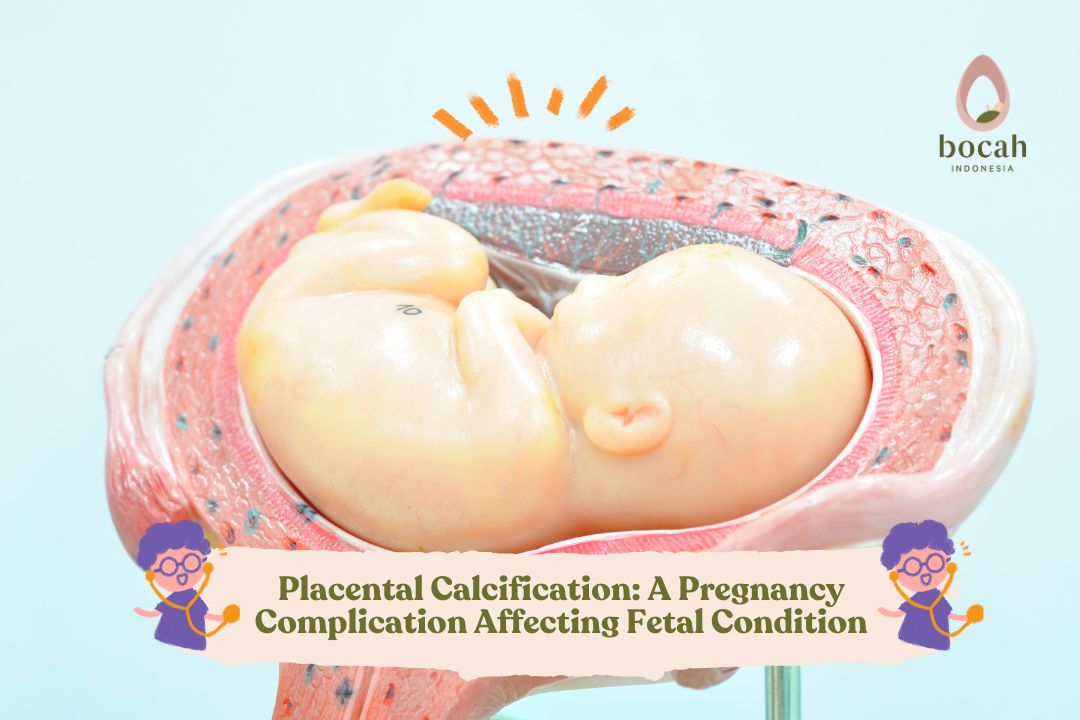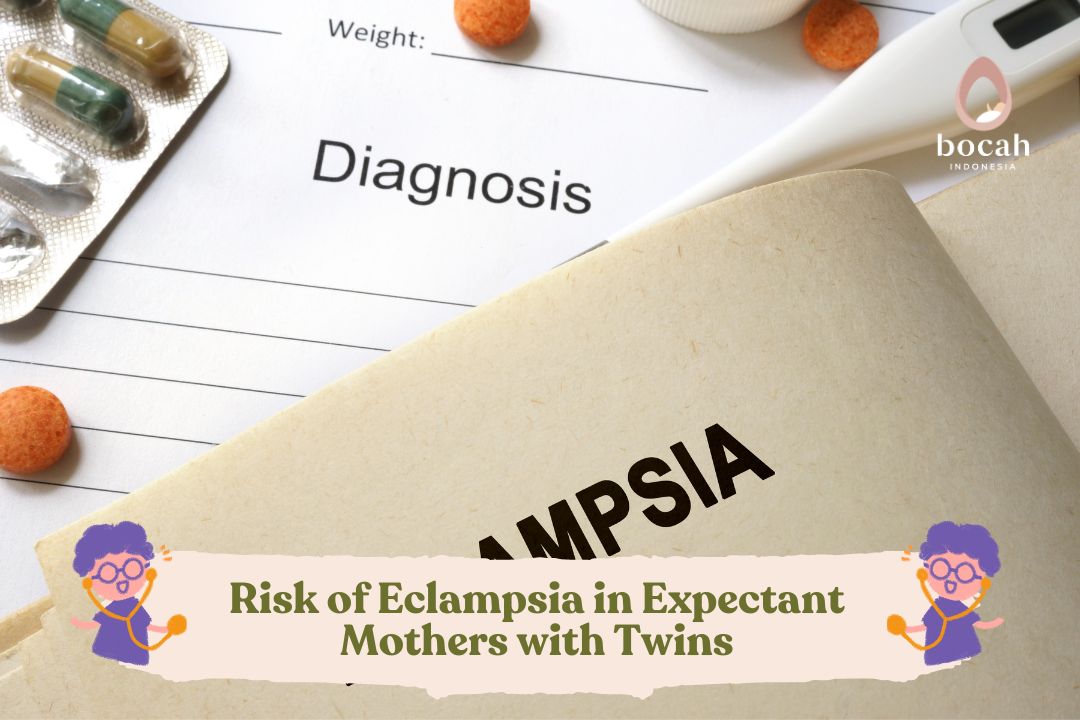How to Check Thyroid Function in Mothers
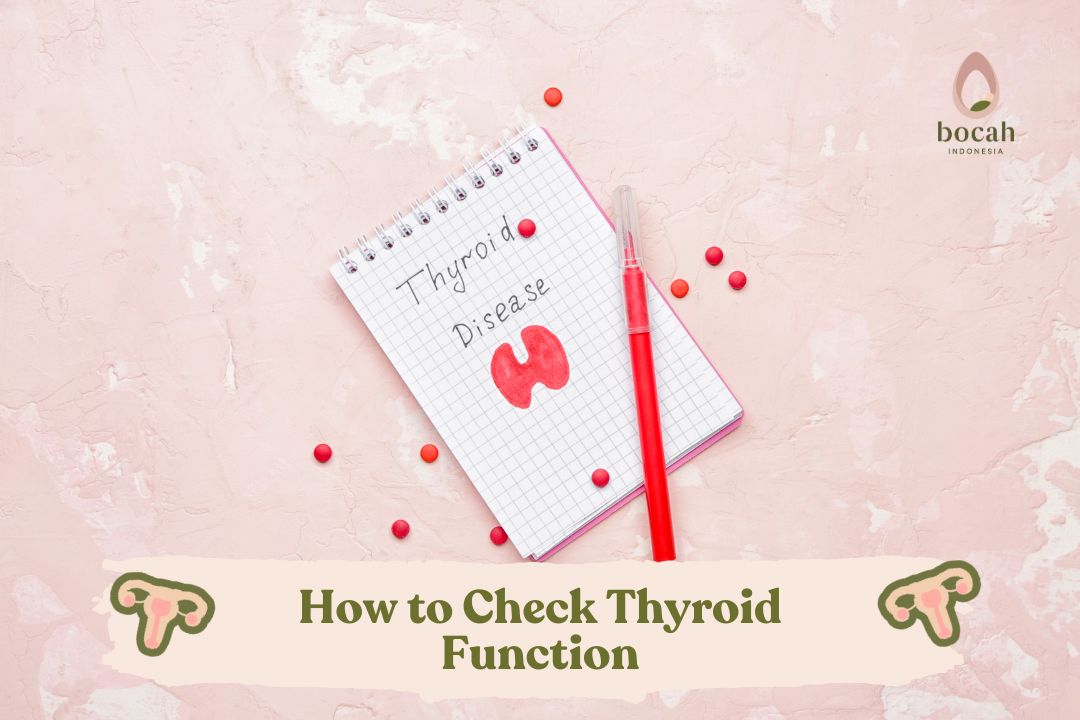
Blood tests are one of the examinations conducted to determine the function of the thyroid gland. There are several types of thyroid blood tests, such as TSH (thyroid-stimulating hormone), T3, T4, and thyroid antibody tests. The thyroid gland has the function of producing hormones that control almost every part of the body, from body temperature, heart performance, muscle strength, to even mood. Insufficient levels of thyroid hormones in the body can cause bodily functions to weaken. However, if the levels are excessive, then some bodily functions may work faster.
Its important function makes it necessary to maintain the health of the thyroid gland. If there is a disorder in the thyroid gland, it can cause hormone levels to become unbalanced.
Blood Tests for Thyroid Function
Thyroid function can be assessed in several ways, such as blood tests, thyroid ultrasound, and biopsy to diagnose thyroid diseases. One method to determine thyroid function status is through blood tests. Various types of blood tests can be conducted, including TSH (thyroid-stimulating hormone), T3, T4, and thyroid antibody tests. These blood tests aim to measure levels of proteins such as antibodies and thyroglobulin. Typically, these tests are conducted in individuals showing symptoms of thyroid disorders. Hormonal tests are often performed to diagnose conditions related to thyroid hormones, such as hyperthyroidism or hypothyroidism. Here are some types of blood tests to assess thyroid function:
- TSH (thyroid-stimulating hormone). This test is conducted to measure the level of thyroid-stimulating hormone.
- T3. This test measures the level of triiodothyronine, which is a primary hormone produced by the thyroid gland.
- T4. This blood test measures the level of thyroxine, which is a major thyroid hormone in the blood.
- Thyroid antibody test. This blood test is conducted to detect the presence of thyroid antibodies in the blood.
Thyroid Examination Beyond Blood Tests
While blood tests are a common method for assessing thyroid function, there are several other ways to examine the thyroid, such as physical exams, ultrasound, and thyroid scans.
-
Physical Exam
This test is conducted by a doctor to check for the presence of lumps in the neck.
Tanya Mincah tentang Promil?
-
Thyroid Ultrasound
A doctor performs a thyroid ultrasound or sonography to detect lumps in the neck, known as thyroid nodules. This examination is used to determine whether the lump has the potential to develop into cancer.
-
Thyroid Scan
This involves scanning the thyroid to observe the shape, size, and position of the thyroid gland. The examination uses a small amount of radioactive iodine to identify the cause of hyperthyroidism.
When Should You Get a Thyroid Check?
You should consider getting a thyroid examination if you experience symptoms of thyroid disorders. Symptoms indicating an excess of thyroid hormones include:
- Excessive sweating
- Weight loss
- Irregular heartbeat
- Uncontrollable shaking or tremors
- Increased appetite
- Easy hair loss
- Anxiety disorders
- Menstrual disorders
On the other hand, symptoms of a lack of thyroid hormones include:
- Dry and scaly skin
- Excessive sleepiness
- Hair loss
- Weight gain
- The body easily feels cold
- Prolonged menstrual periods
These are reasons to undergo blood tests to assess thyroid function. Although these conditions are more common in women than in men, the symptoms are often unnoticed. If you experience any of the symptoms mentioned above, it’s important to consult a doctor immediately. This is not something to take lightly, and getting the right treatment promptly is crucial.
This article has been medically reviewed by Dr. Chitra Fatimah.
Source:
- Zamora, EA., et al. (2022). Thyroid Nodule. NCBI Bookshelf.
- Patil, N., et al. (2022). Hypothyroidism. NCBI Bookshelf.
- Haugen, BR., et al. (2016). 2015 American Thyroid Association Management Guidelines for Adult Patients with Thyroid Nodules and Differentiated Thyroid Cancer: The American Thyroid Association Guidelines Task Force on Thyroid Nodules and Differentiated Thyroid Cancer. ThyroidVol. 26, No. 1.
- De Leo, S., et al. (2016). Hyperthyroidism. Lancet. 2016 Aug 27; 388(10047): 906–918.


